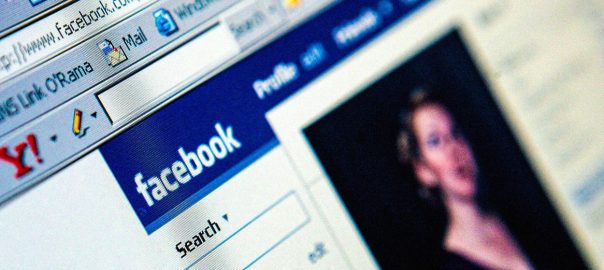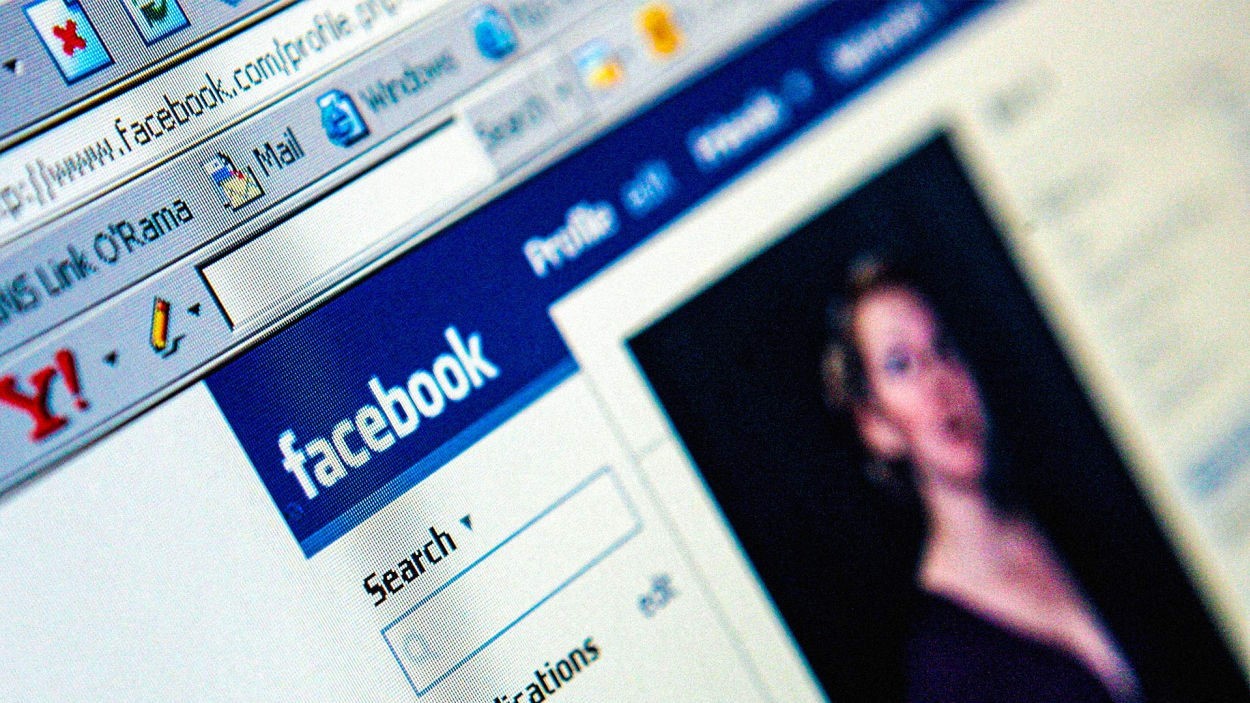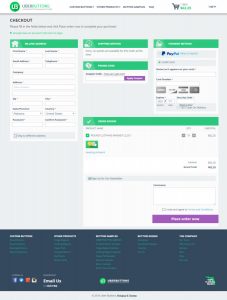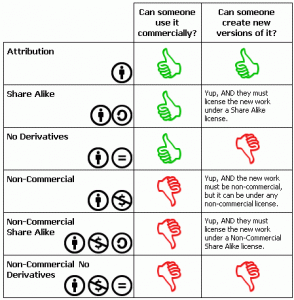By Chris Morris
Twenty years ago today, in the Kirkland House dormitory of Harvard University, Mark Zuckerberg rolled out a social network for students at the school. The site ran on a single server, which cost Zuck $85 per month to keep running.
Within a week, more than 650 students had joined what was then called “The Facebook.” In the fourth quarter of last year, the company averaged 3.07 billion monthly users.
Zuckerberg’s company, which, of course, is now called Meta, has had plenty of ups and downs in that time. The past year alone has seen it face accusations of ignoring the severity of child exploitation on its platforms and questions about its privacy policies. At the same time, the stock is up 38% year to date and 154% in the past year—and it’s poised to go even higher after declaring a dividend for the first time on Thursday.
But birthdays are as much about taking stock of the past as they are about leaning into the future. So as Facebook enters its second decade, we thought it would be interesting to see how the company was covered by the first outlet to write about it.
Long before Zuckerberg was on the front page of the Wall Street Journal and the cover of Fast Company, he was being featured in the Harvard Crimson. And even then, he found himself in a bit of hot water.
The semester before he created Facebook, Zuckerberg had launched another campus-wide site called Facemash, which would show pictures of two random undergraduates and ask users to rate how attractive they were. “Were we let in for our looks? No. Will we be judged on them? Yes,” the site read.
Facemash drew instant outrage and Zuckerberg shut it down within days, but still found himself called before the school’s administrative board for using the photos without permission.
The lessons learned from Facemash led to Facebook having greater privacy controls, he said.
“There are pretty intensive privacy options,” he told the Crimson one week after Facebook’s launch. “You can limit who can see your information; if you only want current students to see your information, or people in your year, in your house, in your classes. You can limit a search so that only a friend or a friend of a friend can look you up. People have very good control over who can see their information.”
(Some modern users are less happy with their privacy options. In 2022, Facebook settled a class action suit over the privacy of user profiles for $37.5 million.)
Ironically, in its early days, Zuckerberg said he didn’t create Facebook to generate revenue.
“I’m not going to sell anybody’s e-mail address,” he said. “At one point, I thought about making the website so that you could upload a resume too; and for a fee, companies could search for Harvard job applicants. But I don’t want to touch that. It would make everything more serious and less fun.”
(Last quarter, Meta posted revenues of $40.1 billion.)
Among the features offered on the initial version of Facebook was the poke. No one really knew what it was for, but it proved popular nonetheless.
“Let’s say some girl would add me on Facebook who I hadn’t really met,” Chad Brown, a member of the Harvard class of 2007 told the Crimson on Facebook’s 10th anniversary. “I’d be talking to my roommates and ask, ‘What do you think about this? What does this mean? Is she interested? I’m not sure what to think?’ So they’d say, ‘Well, send her a poke and see what happens.’ . . . I like the poke.”
No one ever really figured out what the poke was all about, but it stuck around for years. Sometime around 2017, though, Facebook quietly buried the feature deep within the site. (If you want to use it today, head to facebook.com/pokes and pick the friend you’d like to confuse with a poke.)
By March of 2004, Facebook expanded beyond Harvard, letting students from Columbia, Stanford, and Yale join as well. Its user count at that point was just under 7,500. It was around this time that Zuckerberg began to rethink advertising.
“It might be nice in the future to get some ads going to offset the cost of the servers,” he said.
By June, there were ads, and the total number of users was up to 160,000. But Zuckerberg still downplayed the financial potential of the site.
“I just like making it and knowing that it works and having it be wildly successful is cool, I guess, but I mean, I dunno, that’s not the goal,” he said.
Of course, it wasn’t long before the lawsuits over Facebook started. The Winklevoss twins famously alleged Zuckerberg had stolen their idea while he was doing work for them. (This went on to be a key plot point in the 2010 film, The Social Network.)
Zuckerberg, today, might find himself cast in the role of the villain, especially during Congressional hearings. In 2004, though, his reputation was much different. The Crimson wrote an editorial about the face-off over Facebook and firmly stood on Zuck’s side.
“There’s been far too much fuss about faces lately,” the paper wrote in September 2004. “The craggy, Neanderthal-esque Winklevoss twins, cofounders of the college-geared Friendster knockoff, ConnectU, with their business partner Divya Narendra, are pitted against the (pleasant-looking) Mark Zuckerberg, whose own face hauntingly graces thefacebook.com’s Matrix-esque top banner bar.”
By the time Zuckerberg sat down for his final exams in May 2004, Facebook was already a phenomenon. He never returned to Harvard as a student. In 2017, however, he did come back to the school to give a Commencement speech.
“I remember the night I launched Facebook from my little dorm in Kirkland House,” he told the graduating class. “I went to Noch’s with my friend KX. I remember telling him I was excited to connect the Harvard community, but one day someone would connect the whole world. The thing is, it never even occurred to me that someone might be us.”
(9)







